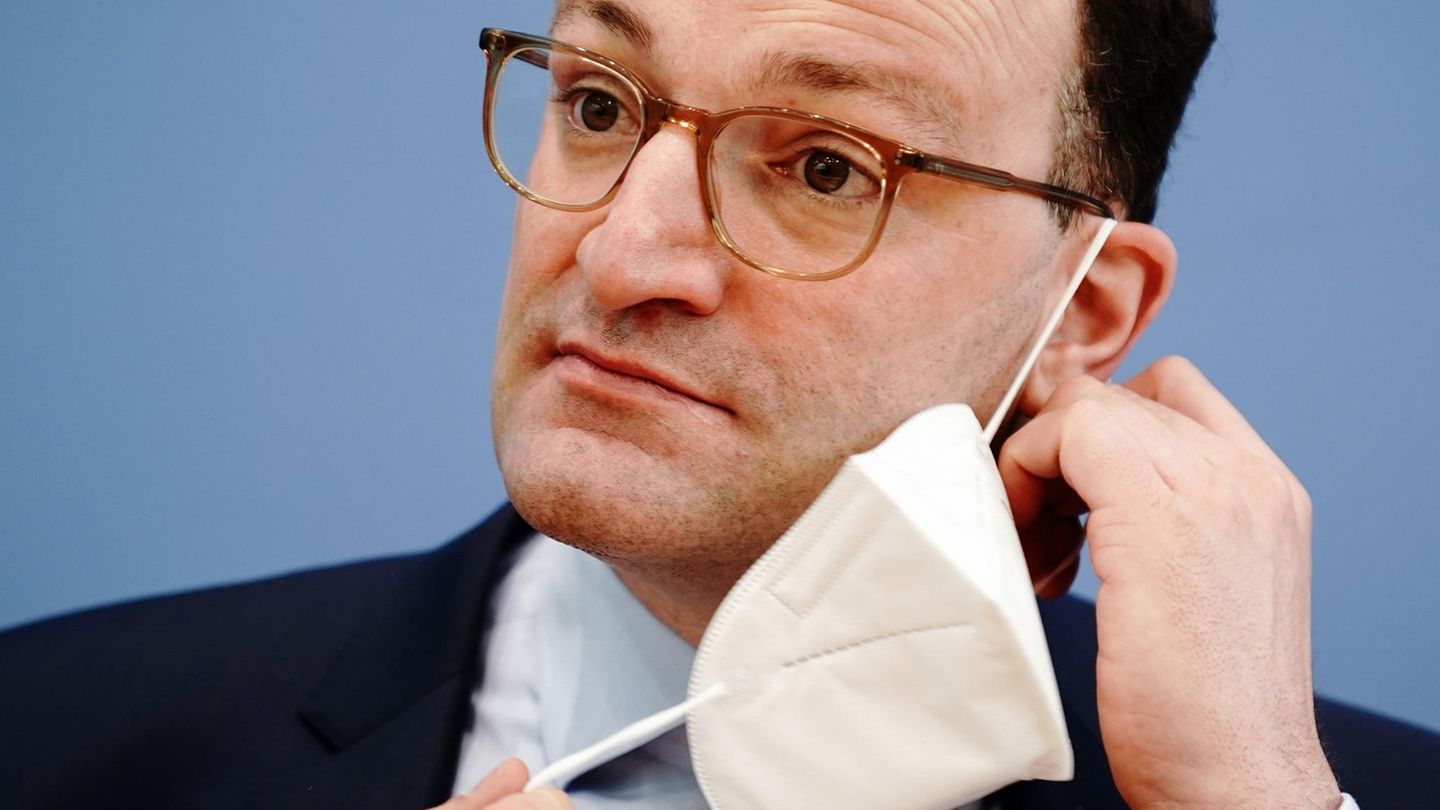The right-wing populists are on a high in Switzerland and are likely to make gains in the parliamentary elections. It’s hardly exciting: things are very different than in other democratic countries.
According to surveys, the right-wing populists can expect gains in the parliamentary elections in Switzerland on Sunday. The already strongest party, the Swiss People’s Party (SVP), is likely to get around 28 percent of the vote. It has had more voters than any other party for 20 years and is considered a role model for the AfD in Germany. According to the surveys, the Social Democrats, the SP, also showed a slight gain of 17 to 18 percent. The Greens and the Green Liberals, who made massive gains four years ago, have to accept losses.
“Since the last elections there has been Corona, Ukraine and the energy crisis, which has damaged the progressive zeitgeist,” said political scientist Michael Hermann even before the Hamas attacks on Israel. “During crises, the need for stability always increases and there is less need for experimentation.” The SVP’s issues include limiting immigration and not moving closer to the European Union.
The sharp rise in prices since Russia’s attack on Ukraine is also an issue in Switzerland. But unlike in Germany and other neighboring countries, the inflation rate has never been higher than 3.4 percent in the past 18 months. This is due, among other things, to the strong Swiss currency and protectionist measures. They keep food prices relatively high in peacetime, but can then partially absorb possible price shocks with government adjustments.
Voter turnout is traditionally low
A good 5.5 million people are entitled to vote. Both chambers of Parliament, the National Council and the Council of States, are elected. As is usual in Switzerland, the last polling stations close at 12 noon – but more than 90 percent usually vote by postal vote beforehand. Voter turnout is traditionally low: in the 2019 election it was only around 45 percent.
This is partly due to the fact that the Swiss shape politics directly through four referendums every year. They often implement measures against the will of the government. For example, in 2021 they rejected a law for more CO2 taxes, implemented a ban on face coverings in the same year and decided to restrict immigration in 2014. That’s why voters rarely use parliamentary elections as an outlet to give rulers a lesson.
On the other hand, the election does not change anything in the seven-member government. It has been made up of the four largest parties for decades. In addition to the SVP and SP, these are the liberal FDP and the former Christian CVP, which is now called “Mitte”. The Federal Councilors (ministers) always look for compromises, even if they go against their own party line. They often stay in office for ten or more years and usually decide for themselves whether to step down.
Source: Stern
I have been working in the news industry for over 6 years, first as a reporter and now as an editor. I have covered politics extensively, and my work has appeared in major newspapers and online news outlets around the world. In addition to my writing, I also contribute regularly to 24 Hours World.




